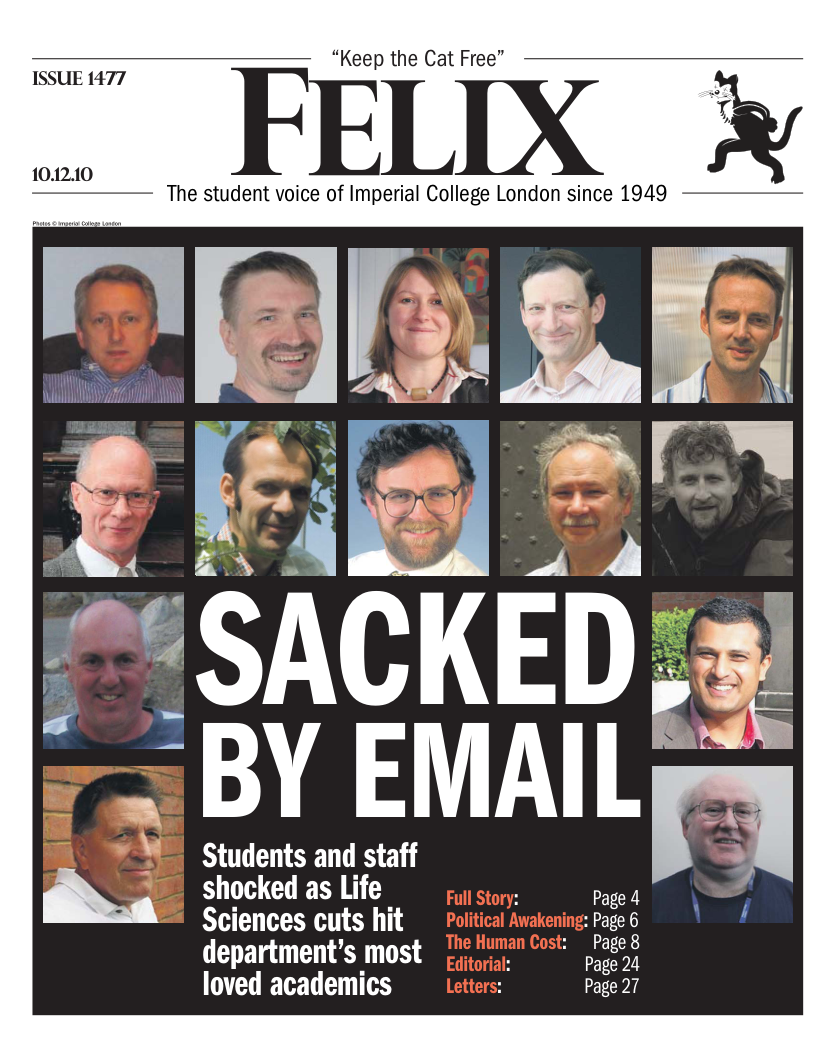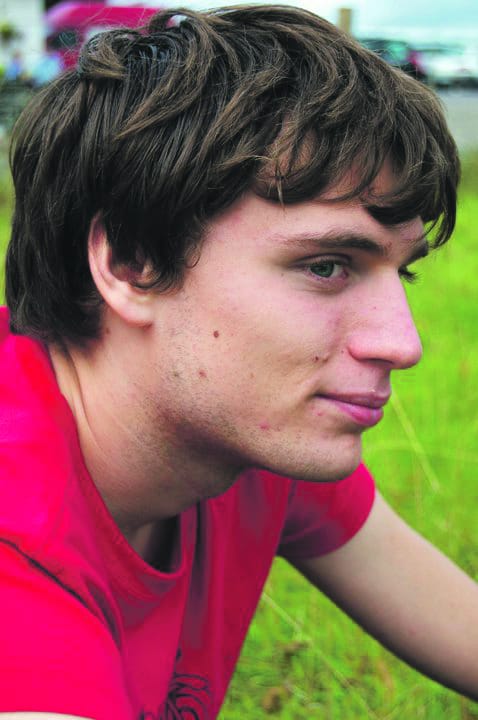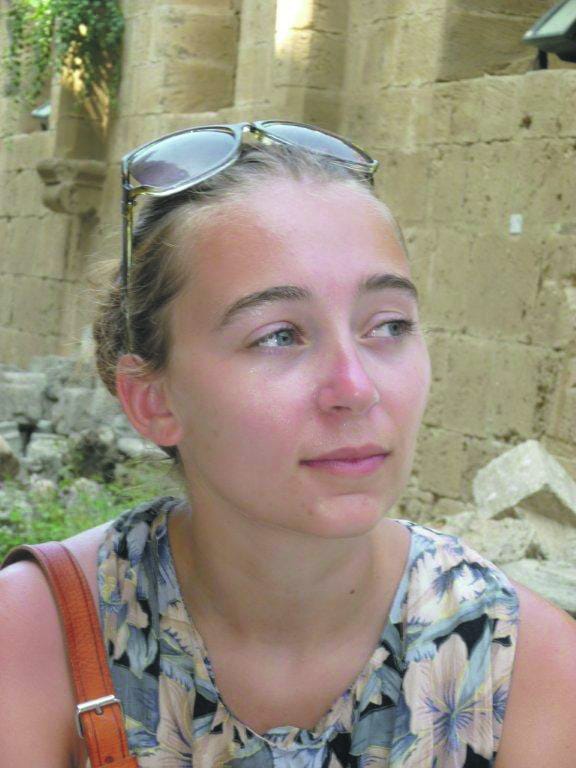Pruning science
Cutting teaching staff in Life Sciences is completely incompatible with aims to improve teaching standards

The Biology and Biochemistry Departments are currently undergoing a Restructure and in the next few months a ‘Departmental Teaching Review’ will follow. This Restructure involves the removal of the ‘Plants and Microbial Science’ and ‘Cell Biology and Genomics’ sections. These areas were chosen for restructure due to their ‘under-performing’ in research and the fact that they are not fitting in the new department structure. Replacing these two sections will be one ‘Integrative Systems Biology’ section. Teaching has not been taken into account, purely the involvement in research! 14 members of staff across the Departments will be made redundant. They include the Heads of each Department alongside Senior Academic Tutors and Admissions Tutors. With these significant members of staff leaving the Department, there will surely be a great loss to the quality of teaching available.
On meeting with Professor Ian Owens on Monday, he continually reassured us that these changes will not affect the courses available for final year students but we failed to see how they would compensate for the loss of such good lecturers and course convenors. When asked how it will affect PhD students, they said only 10% of 200 students would be affected and thus reallocated to a new supervisor. Overall, there will be a huge disruption placed on the Department. Not only will Imperial’s reputation be lowered but also student satisfaction in these Departments will take an even bigger hit.
Of course there is always room for improvement in any Department but what justification is there for getting rid of the best lecturers the Department has to offer?
Their reasoning for this Restructure is said to be; firstly, to resolve the financial problem that Biology and Biochemistry have been experiencing; and secondly, to modernise the degrees by implementing more research-based teaching. They hope the restructure will bring improvements such as more course choices; smaller group teaching sessions; more sessions in real research labs; integrated quantitative teaching; and modernising of the material.
With 15% of the teaching staff made redundant, how can the Departments possibly achieve these improvements and maintain teaching excellence? Many of those being made redundant are the best lecturers, who are passionate about teaching and genuinely care for students. At such a prestigious university, teaching should be placed first and not second to research. Research is very important at this establishment but not at the cost of quality teaching.
If financial stability were such an issue, would it not be more feasible to keep the members of staff and open up new Masters courses? Currently, the Masters courses in Biochemistry are very limited. For example, a Masters in Biotechnology, a branch of Biochemistry, is not offered and many students would take up a place if offered. Increasing the range of Masters courses will bring in a lot of money, but instead the Review Panel feel the only solution is to make significant lecturers redundant.
It is very clear that there will be merging between Biochemistry and Biology courses to compensate for the loss of course convenors. Currently, the convenors run courses according to the research they produce, research that the Review Panel deemed ‘unfit’. Under the Restructure, newly appointed convenors will be tailored according to the course requirements. The experts in the areas have been asked to leave and those with lesser expertise will take over.
Increased tuition fees and lowered teaching quality – is this what Imperial students should now look forward to and come to accept?







